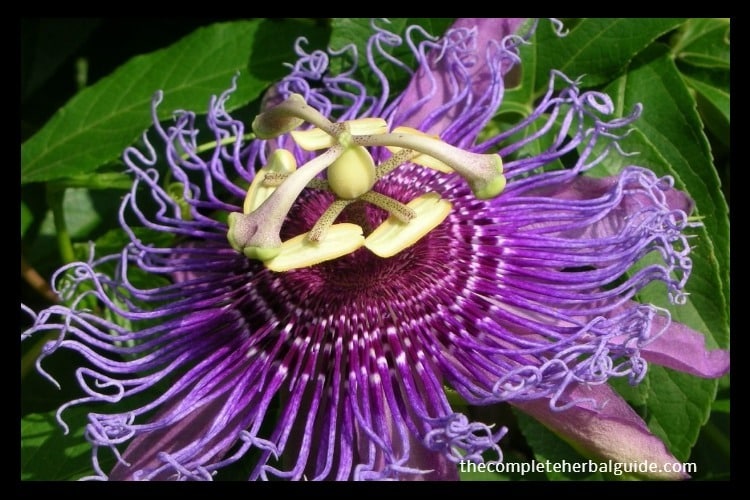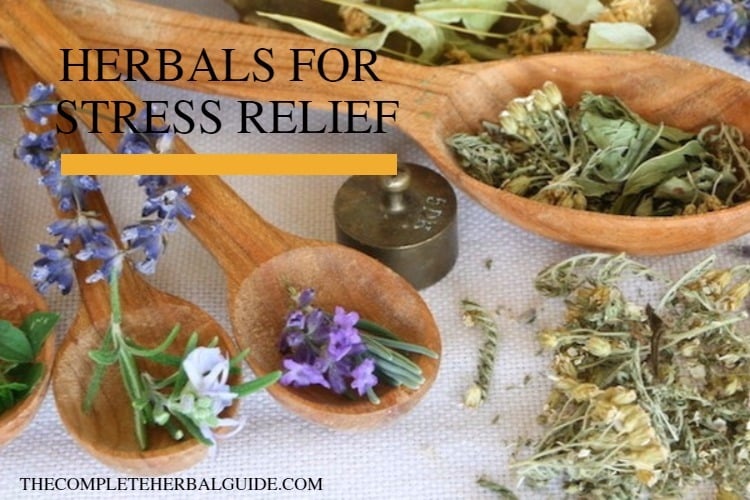
Best Essential Oils for Anxiety and Stress
Due to daily activities and our own ability to cope, many individuals are prone to stress and anxiety while trying to balance work, family, and leisure.
It is common to get anxious and worry about different things. This is always made worse by fatigue, restlessness, and tension.
Table of Contents
Other factors that contribute to stress and anxiety include:
- Trauma- if you have undergone abuse or lost a loved one, you are likely to get stressed and anxious due to all the negative emotions that you have to deal with.
- Medical factors- anxiety is sometimes associated with factors like anemia, asthma, and cardiovascular conditions.
- Stress at work and other places- School and work are great stressors in life due to their demanding nature. Letting such stresses get to you can harm your health.
- Substance abuse- most people diagnosed with anxiety disorders tend to be substance abuse victims. Anxiety is also one of the drug withdrawal symptoms.
- Stress in personal relationships- being in an unhealthy relationship or a dysfunctional family can affect your emotional stability.
Best Essential Oils to Help With Stress Relief
Lavender Essential Oil
Lavender is a remedy that has been used for ages because of its many applications and overall effectiveness.
It is usually dried or used as an essential oil. Its extracts can be taken internally or through inhaling to relieve anxiety and depression.
The high concentration of volatile oils in lavender emits a sweet fragrance used as a sedative and antidepressant.
Lavender oil is an active ingredient in various anxiety medications. It has even been found to offer better results than kava and benzodiazepines, which are antidepressants. The good thing about this oil is that for a vast majority of people, it doesn’t have side effects, unlike most antidepressants.
Ylang Ylang Essential Oil
This is a great adaptogen that can be used to either stimulate or calm the user, depending on their mood. It is great for anger-related stress and tends to bring instant peace and calm.
Ylang ylang can be applied topically by rubbing a few drops on your wrists, temples, or the back of your neck to reduce agitation.
You can also mix it with other oils like lavender and sage for the perfect combination of a massage blend. This essential oil is also a moderately strong sedative that helps cure insomnia.
Bergamot (Citrus Bergamia)
This essential oil is usually found in Earl Grey tea.
It tends to have a typical floral smell and taste. Bergamot oil tends to have a calming effect and is often used to treat depression by giving you energy.
If you have been suffering from insomnia, it can help with that too, as well as reduce agitation and bring about relaxation.
Bergamot works by stimulating serotonin and dopamine hormones and gives a feeling of sedation and relaxation. On top of that, it can fight fatigue, loss of appetite, helplessness, and depression symptoms.
The oil will leave you feeling fresh and full of joy by enhancing your blood circulation.
Although bergamot is generally safe, it tends to be photosensitizing, which means it can raise your risk of getting a sunburn and rash. Do not use it topically within 12 hours prior to sun exposure.
Frankincense Oil
This oil was once considered more valuable than gold as Egyptians used it for anointing their kings and newborns.
Over time, this oil has become even more popular due to its great healing properties.
It is known to bring a sense of calmness to the mind, reduce nightmares, and relieve anxiety. This makes it a strong anti-depressant that is usually used in meditation retreats and spas for emotional healing.
You can diffuse this essential oil by adding 10 drops of it in a diffuser to get a healing scent. Placing a drop on your palm and inhaling it will also provide the same effects.
Frankincense can be mixed with bergamot and lavender oils to make an aroma hand massage. This oil has been found to offer positive effects on depression and pain in terminally ill patients.
Frankincense is also a well-known anti-inflammatory for muscle aches and pains.
Chamomile Oil
Chamomile has a peaceful and calming scent that gives you inner harmony and reduced irritability.
It is a great remedy for anxiety, worry, and overthinking.
Chamomile tea has also been used for ages to help people calm their nerves when faced with stressful situations and it also acts as a sedative.
Peppermint Essential Oil
Peppermint has been known to give a fresh breath but what you might know is that there is more to this essential oil. It contains menthol, which is a natural anesthetic that offers a great cooling sensation.
This oil tends to be more concentrated and so, it is better to combine it with a carrier oil like the jojoba or coconut types.
Its energizing scent will keep you on your toes, help you concentrate, and get rid of any restlessness or mental fatigue.
A few drops diffused in the air can give you an energy boost and mental alertness.
Alternatively, you can rub a few drops on the back of your neck when going through a cold due to its known ability to aid respiratory function.
How to Use Essential Oils for Anxiety
There are different ways that essential oils can be used, which include ingestion, aromatherapy, and topical application. There are also other oils that are great for stress and anxiety.
The six mentioned above were just randomly selected from a pool that is known to work well.
Methods of Applications
Aromatherapy
This is the most popular method of absorption through the respiratory system has been found to be extremely effective.
Furthermore, the sense of smell tends to trigger very strong emotional responses.
We tend to process a lot through our sense of smell, particularly in a brain area that is adjacent to our limbic region. This region processes emotional and memory recall.
After the oil is inhaled, molecules get to the nasal cavities, stimulating a mental response in the limbic brain system.
These stimulants control stress and regulate heart rate, breathing patterns, and blood pressure by improving the emotional aspect of self which are often overlooked when treating these conditions.
You can use aromatherapy either in a bath, hot water vapor, perfume, vent, fan, direct inhalation, or through aromatherapy diffusers.
Oral Application
Always make sure the oil is safe and pure before ingesting it because not all of them are suitable for ingestion. Most oils found on the market are either diluted or mixed with synthetics that are not safe for human consumption.
But if your chosen oil is found to be safe for consumption, you can add a drop underneath the tongue for faster absorption or use it in a drink, make tea with it, take in capsule form, or cook with it.
Topical Application
Many people prefer using the oils topically. This is the process of placing the oil on the skin, hair, or mucous membranes, or other exposed areas of the body.
It is important to dilute some oils since they tend to be very potent.
For anxiety and stress, some great places for applying oils are the temples, the back of the neck, and the wrists.












